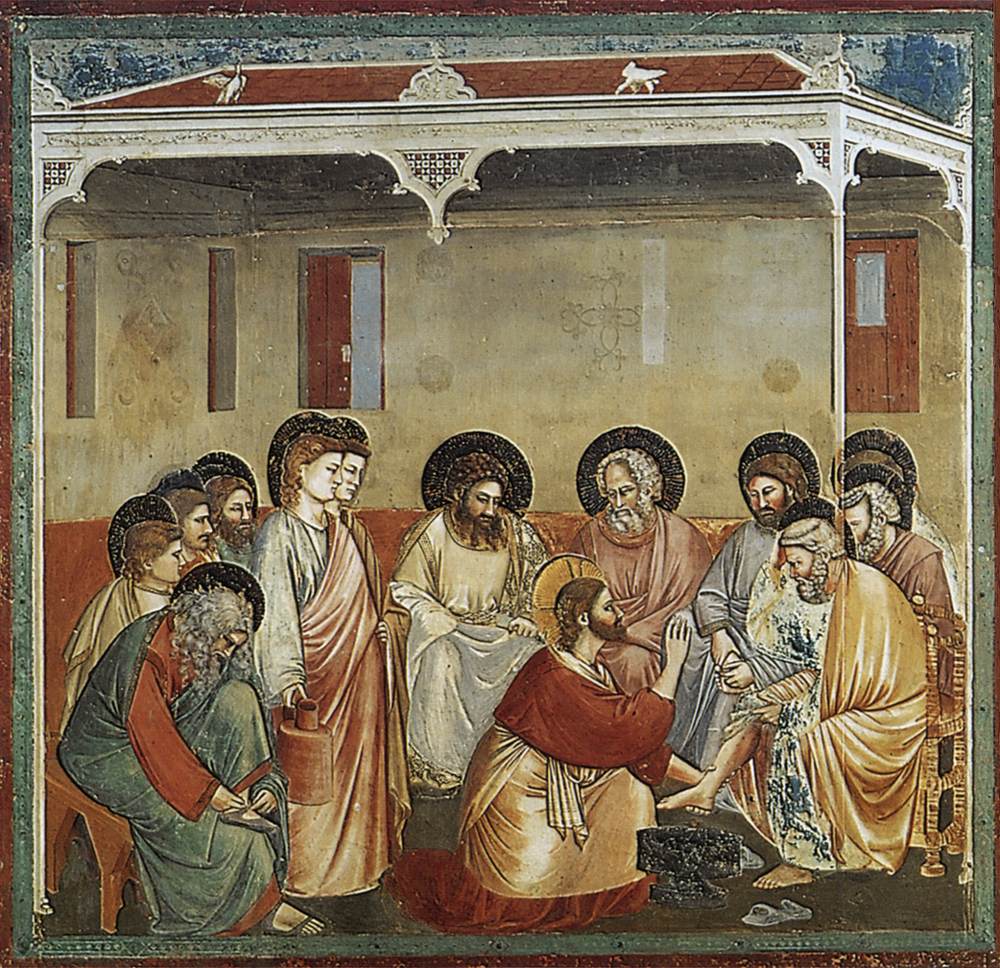There is so much activity during what we call “Maundy Thursday” in the Scriptures that I am unable to address all of its events adequately in such a short space. Much has been said concerning the New Covenant, Exodus’ parallels both of theological and historical import, Judas’ betrayal, Jesus’ final prayers and teachings, and Simon Peter’s violence.
However, the word maundy comes from Latin, meaning “command.” The purpose of this day focuses on John’s account, drawing attention to John 13:31-35, specifically verse 34.
“I give you a new commandment, that you love one another. Just as I have loved you, you also should love one another.”
And yet, this is not a new command. Leviticus 19:18 stipulates this type of practice and Christ even claimed that this was one of the two “greatest” commands from God, following “love God with your entire being” (my summation). Or, at least that is how many of us have impulsively read the passage.
The command is new because we are to no longer “love our neighbor as ourselves,” but “to love our neighbor as Jesus loves us.” The difference is subtle but vast.
The Golden Rule of “do unto others as you would have them do unto you” is replaced by the far more difficult interpretation (a reoccurring motif of Jesus’ sermons and parables) to “have the mind of Christ,” for how else could we love one another as Christ has loved us without the presence of the Holy Spirit enabling us to think like our Lord? Christ again reveals the dual revelations of God’s biblically recorded commands:
First, they reveal the character of God, that he is love, good, holy, and just. And second, they reveal that we are incapable of willfully, fully and, with always pure intentions, gladly obeying God’s commands.
And yet, Christ is able to love as he does because he is God. So, too, are we able to love our neighbor(s) as Christ does, though not from our own ability, but from his presence within us through his Spirit which has baptized our minds so that we can love with his love. Is this not the point of the command: to love like Christ, not like ourselves. Is this not the goal of the command: that we be unable to see where God’s love for his neighbor ends and ours begins? Do not miss the radical prophetic implication of this command: God’s love and our love will one day be indistinguishable.
Mark’s Gospel (and only his Gospel) contains one of the strangest moments during this whole event: “A certain young man was following him, wearing nothing but a linen cloth. They caught hold of him, but he left the linen cloth and ran off naked.” (Mark 14:51-21)
While it still puzzles scholars and theologians alike, I tend to imagine that, whoever that young man was, he illustrates how we are found by God, naked and ashamed, and what he does for us, clothes us in his shared love so we can love others. Is this not the grand declaration of Job: naked I come and naked I go?
For the Christian we would humbly alter Job’s claim, slightly, though I’m sure he would agree: naked I come and clothed by God’s love do I go.
So, let us love one another as Christ has loved us, the new, better, more difficult command.


